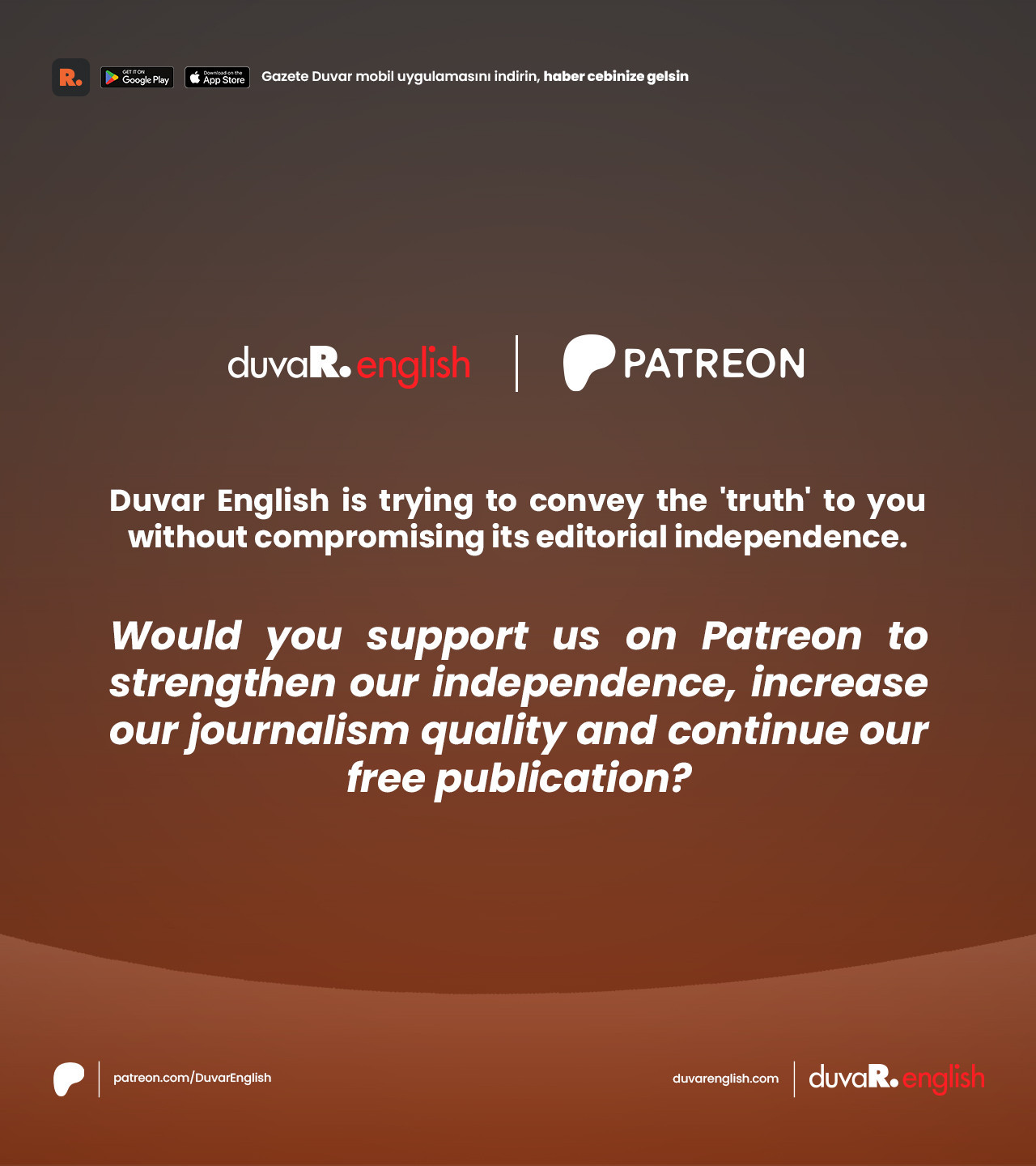Iran’s defeat!
Turnout in Iran's parliamentary elections was recorded as 41 percent. This is the lowest level in 45 years. The low voter turnout across the country, as well as the 24 percent turnout in the capital Tehran, puts the regime below its self-imposed threshold of legitimacy. The low turnout ensures continued control for them, but it also undermines the regime's legitimacy.
The Islamic Republic of Iran on March 1 lost its own bet in the elections for the Islamic Consultative Assembly and the Assembly of Experts. Each time, Supreme Leader Ali Khamenei declares that voting is a religious obligation and sets turnout as the main criterion of legitimacy for the Islamic regime. This time, he argued that what the Americans, Europeans, Zionists, capitalists and big corporations who monitor Iran for different reasons fear most is the people's participation in the elections, saying, "Opposition to elections is opposition to Islam." According to the Revolutionary Guards, high turnout was essential to prevent foreign interference.
According to figures obtained by the Islamic Republic News Agency, turnout in the elections was 41 percent. This is the lowest level in 45 years. The number of invalid votes is also estimated to be high, a significant portion of which could be considered a “passive boycott.” In the last election, the invalid vote rate was 13 percent. The low voter turnout across the country, as well as the 24 percent turnout in the capital Tehran, puts the regime below its self-imposed threshold of legitimacy. Calls for a slap in the face of all Iran's enemies with voting failed to find the desired response in the previous election as well.
Since the suppression of the Green Movement in 2009, at the height of the country's reform hopes, reformers have been increasingly alienated from the system. Turnout in presidential elections dropped from 70 percent in 2017 to 48.9 percent in 2021. Turnout in general elections fell from 62 percent in 2016 to 42.5 percent in 2020. Legitimacy is gradually falling out of context.
When the parliament was full of conservatives in 2020 and Ibrahim Reisi became president through electoral engineering in 2021, the legislature and the executive was said to become "revolutionary" again. The Guardian Council's culling of reformist candidates and the consequent drop in turnout guarantees conservative control of the levers of power. This is the paradox of those who call for participation in order to consolidate legitimacy: low turnout maintains control for them but weakens the regime's legitimacy.
The election is not the only indicator in the question of legitimacy. Views on the fundamental character of the Islamic Republic are changing dramatically. According to a purportedly government-sponsored poll, the percentage of people favoring the separation of religious and political institutions has risen from 30 percent to 73 percent in eight years. This momentum will eventually lead to the regime's end...
***
On the other hand, the defeat of the system on its own claim does not mean a victory for the reformist front. The demonstrations that erupted in 2022 over the death of Mahsa Amini were one of the most serious challenges the system faced. The two-point increase that can be credited to the boycotting front shows that this challenge was not effective enough. Those who did not go to the polls cannot be counted in the anti-system front. Those who did not vote but do not have a legitimacy problem with the system are not few. In addition to those who oppose the regime in their heads, it is difficult to lump together reformists who believe that the Islamic Revolution has lost its purpose, conservatives who are dissatisfied with the way things are going, and the masses who have given up on the government because they are fed up with the life-draining economic conditions and corruption. The boycott of the elections by former President Mahmoud Ahmadinejad and the refusal of his predecessor, President Mohammad Khatami, to go to the polls, saying "Iran is far from free and competitive elections," marks a new break. Ahmad Khomeini, grandson of the revolution's leader Ayatollah Ruhollah Khomeini, says he "sees no hope for change among his friends and peers." Former President Hassan Rouhani also expressed his disappointment, saying, "This is not the Islamic Revolution for which we sacrificed our lives and shed our blood."
Moreover, even though the system's claim to legitimacy remains unstable, conservatives do not have much difficulty in guarding the order for the time being. With the last election, the radical conservative character of the parliament is becoming even more dominant. The disruption of the conservative-reformist balance within the system can be attributed to self-preservation concerns to some extent, and to the battle for control by the conservative elite of mullahs, politicians, bureaucrats and military. By vetoing reformist candidates, the Guardian Council is offering a rigged election that will ensure a conservative victory. Of the 15,200 candidates running for the 290-member parliament in the March 1 elections, only 30 were reformists. Reformist parties, which had called for a boycott, announced that 70 percent of their candidates were rejected. Of the 510 applicants for the 88-member Assembly of Experts, 366 were vetoed.
The mechanism of eliminating candidates on the grounds of alleged incompatibility with Islamic sensitivities cripples the “republican” pillar of the system. These criticisms have been made for a long time. It went so far as to disqualify former president Mahmoud Ahmadinejad and former Parliament Speaker Ali Larijani from running for the presidency in 2021 and former President Hassan Rouhani from running for the Assembly of Experts in the last election, where he served for 24 years.
***
Despite creating a major counter-front, Iran's place in regional and international equations has allowed conservative elites to take the reins. The reformists, who initially sought sanctions relief by reaching a nuclear deal with the US-EU, were exposed when former US President Donald Trump scrapped the deal (JCPOA). Here, those who said "the West cannot be trusted" were right. Trump's strategy to cut Iran's connections in the Middle East gave the radical conservative discourse a firing range. In addition, the Rouhani administration has become synonymous with incompetence, mismanagement and corruption. In other words, the last conservative-reformist experiment has run out of credits. In the last decade, operations in Iraq and Syria have strengthened the Revolutionary Guards' decisive role in decision-making. After the assassination of Qassem Soleimani, the commander of the Quds Force, in 2020, the mood shifted to a showdown with the US.
While the bickering with the US with the policy of “strategic patience” continued, new directions in foreign relations, in which tensions were reduced or relations were diversified, came to the fore. The 25-year strategic cooperation agreement signed with China in 2021, military relations with Russia that started in Syria and expanded in Ukraine, membership in the Shanghai Cooperation Organization in 2023 and BRICS membership in 2024 gave the administration new areas of action. The normalization of relations with Saudi Arabia, first with Baghdad and then with Beijing's mediation, cracked the ground for the American strategy that feeds on tensions in the region. Parallel to the genocidal war in Gaza, the asymmetrical war waged by the elements of the “Axis of Resistance” against the US and Israel, and the reprisals they faced, left Tehran in the middle of a difficult equation to manage. Although it has the potential to engulf Iran in a regional conflagration, Tehran's priority of "avoiding a war between the main powers" has so far averted fears. Instead of retreating, it has emphasized diplomacy. It has adopted a new language in managing tensions with the United States. Moreover, so far, the strategy of solidarity between the Houthis in Yemen and Gaza could have led Iran to fall out again with the Arabs on the Red Sea, with whom Iran has turned over a new leaf, but it has not.
***
This dangerous dance facilitates the shaping of politics within Iran by the military-political elite in the shadow of the Supreme Leader. The “conservative” engineering in the selection of the Islamic Consultative Assembly and the Assembly of Experts is seen as a preparation for the post-Khamenei era. In the run-up to the elections for the 88-member Assembly of Experts, which has the power to elect, supervise and dismiss the Supreme Leader, the candidates who are blocked or favored are linked to the calculations on who will succeed Khamenei. Rouhani is among those being crossed out. The conservative elite, dominated by the Revolutionary Guards, is taking no chances and determining the direction Iran will take. Given the 84-year-old Khamenei's age and health problems, the transition is expected to take place in this parliament elected for eight years. Reisi's election to the Assembly of Experts with 82.5 percent of the vote in South Khorasan, where he ran almost unopposed after three candidates were rejected and one withdrew, leads to the conclusion that he is the name being considered for Khamenei's successor. Khamenei's eldest son, Mojtaba Khamenei, has also been mentioned, but he has qualification problems and it is thought that his father would not give him the green light.
***
The Hamshahri newspaper has headlined "25 million slap" in the face of US President Joe Biden. It reflects the way the system handles elections. Reisi, on the other hand, praised the people's voter turnout, calling it a new historic defeat for Iran's enemies after the uprisings of 2022. But the reformist Ham-Mihan has shown what was left out of the frame: "The Silent Majority."
Every now and then the silence is broken, the memorization is broken. But the general discontent is not transforming into an organized, coherent and unified front of objection on a scale that would force fundamental changes. For now...


